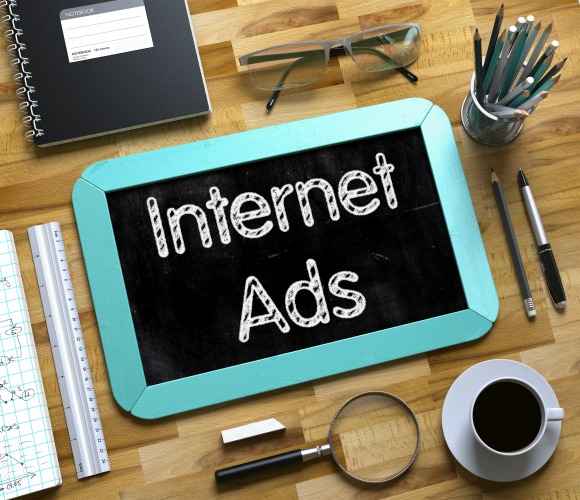
Given interest rates are low and employment is high, buyers are facing far better buying conditions now than at the height of the boom.
In the stock market – when prices recede and the case for buying improves, buyers rush in. Not so with property though. Generally speaking, buyers seem to feel more confident about buying when prices are rising, even in an obviously overheated market. However, they tend to back out at a sign or suggestion the market may have turned.
The difference between buyer behaviour in the stock market and property market begs a profound question about the current property market, is it time to buy?
Over the past decade, real estate agents have replaced expensive newspaper ads with expensive Internet ads.
Real estate agents love a motivated vendor. One of the easiest ways to get the home sellers motivated is to have them invest in a multitude of products before the campaign begins. However, any marketing expense during your sales campaign must be ultimately linked to a higher price.
Heads we win, tails you lose.
Agents now strongly recommend expensive Internet ads to vendors, but vendors are asked to foot the bill. For agents, it is easy to be passionate about an expensive product that they are not paying for. Spending thousands of dollars on advertising and add-on products such as hired furniture can inadvertently increase the vendor’s motivation to sell. In a buoyant market, there is very little chance of a sales campaign failing. Now as the market moves from boom mode to a normalisation phase, clearance rates are dropping from the boom time highs.
A lot of vendors have suddenly found their credit card is down $10,000 or $15,000 in advertising and furniture hire costs, without having sold their property.
Some landlords who were advised to ‘move the tenant out’ for the campaign have also forfeited several thousand in rental income.
Agents are acutely aware that the vendor is more likely to ‘meet the market’ if they can convince them to spend thousands of dollars upfront on expensive web ads. The clue to the sales strategy is the fact agents want the money paid upfront. They are acutely aware an unsold seller is going to question the merits of paying $10,000 in advertising for a failed campaign.
Before committing to expensive Internet ads that simply increases the agent’s corporate pro le, ask yourself and the agent, what justifiable commercial benefit do expensive web ads bring to your campaign?
If the agent can answer this question to your satisfaction, then at least you know the upside and the risks of the campaign before signing and committing financially.
As a home seller, you are likely to be or have been a home buyer at some stage. Ask yourself, did the size of the advertisement impact on your decision to purchase or not purchase the property?
“Homebuyers are attracted to property that meets their needs, not expensive ads”
Expensive advertising campaigns are designed to make sellers more motivated to sell than buyers to buy.
As clearance rates drop, it is worth asking, “what happens if we are unhappy with the best price in the current market at the end of the campaign?” Deciding to either sell for less than you were expecting or face having to pay a $10,000 advertising bill for no sale is a harrowing decision.
The share price of realestate.com. au’s parent company REA has shot up from $5.30 to $73.27 in the past decade (January 2007 and November 2017, respectively). Even still, many stock brokers have it rated as a ‘buy’. Maybe that’s where you can invest the $10,000 you have saved by reading this article. Fairfax is about to spin Domain as a separate entity to realise full value for the asset. So you have options.

